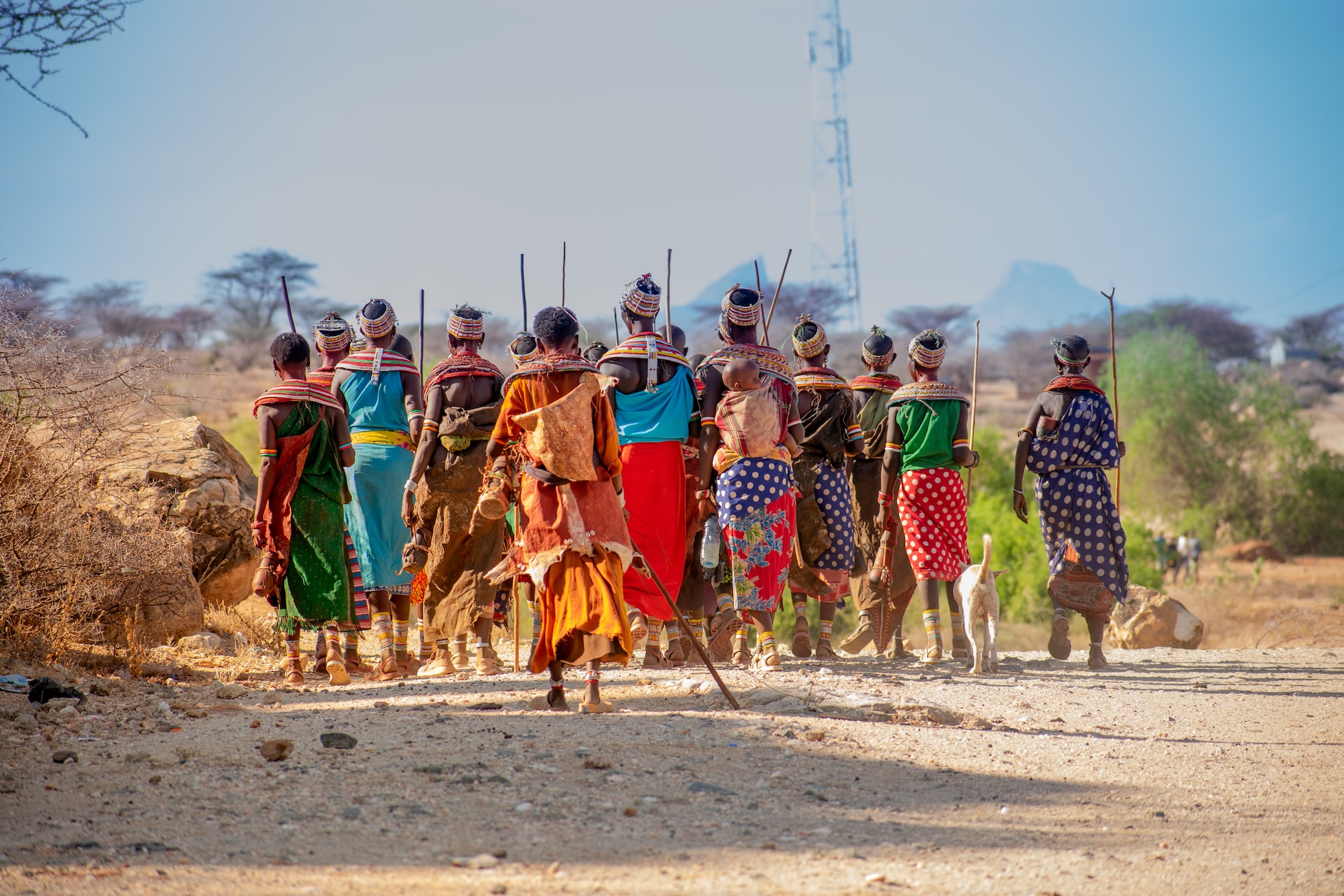Sustainability has become a hot topic in recent years as the world faces the reality of climate change. While the term “sustainability” is often used in the context of environmentalism, it can also refer to social or economic sustainability. For centuries, indigenous civilizations have been sustainable, and there are many lessons we can learn from them about how to live sustainably. Here are five of those things.
1. Sustainability is a way of life, not a trend.
Indigenous cultures have been living sustainably long before the term was coined. For them, sustainability is not a fad or a trend; it’s simply how they live. We can learn from this by making sustainable living a part of our everyday lives instead of something we only think about when it’s convenient.
Indigenous cultures have long understood the importance of sustaining their environment. For many indigenous people, sustainability is not simply a lifestyle choice, but a way of life passed down from generation to generation. In recent years, there has been a growing interest in sustainable living among non-indigenous people. However, sustainable living is more than just recycling or using green products. It is about respecting and protecting the earth and its resources. Indigenous peoples deeply understand this concept, which is why they are often at the forefront of environmental movements. Regarding sustainability, we can all learn from the wisdom of indigenous cultures. By doing so, we can cultivate sustainability as a way of life for everyone.
2. Sustainability involves more than just the environment.
When most people think about sustainability, they think about reducing their carbon footprint or recycling. While these things are important, they’re only part of the equation. Indigenous peoples know that true sustainability must also consider social and economic factors. If we want to be really sustainable, we must fight to establish a just and equal society for all.
When most people think of sustainability, they immediately think of the environment. And while it is true that environmental sustainability is a vital part of the overall concept, it is only one piece of the puzzle. Sustainability also entails providing future generations with the resources they require to live happy, healthy lives. This includes access to clean water, nutritious food, and renewable energy sources. It also means creating economic opportunities that are not reliant on exploitation or pollution. In other words, sustainability is about creating a world that can thrive for generations to come. And while many challenges to overcome, the rewards will be more than worth the effort.
3. We must respect and care for the natural world.
For indigenous peoples, the natural world is not something to be exploited; it’s something to be respected and cared for. We can learn from this by working to protect the environment instead of taking it for granted.
Indigenous cultures have a long history of connecting and respecting the natural world. In many cases, this connection is evident in the spoken language. For example, the word “land” in the Cherokee language is “ajila” which translates to “something that gives life.” This reflects the belief that everything in nature – from rocks and trees to animals and humans – is interconnected and interdependent. This way of thinking has led to a number of sustainable practices, such as using natural resources wisely and investing in long-term stewardship. As we face the challenges of climate change and diminishing resources, we can learn much about living in harmony with the natural world from indigenous cultures.
4. We must live in harmony with each other and the natural world.
Indigenous cultures understand that we cannot live sustainably unless we live in peace with one another and with the natural world around us. We must work to create a society that values cooperation over the competition if we want to be truly sustainable.
The most important thing is to make sure we coexist peacefully with other people and the environment. After all, we depend on the natural world for our survival.
We rely on the air we breathe, the food we consume, and the water we drink. As a result, it is important that we protect our environment. One way to accomplish this is to decrease our dependency on fossil fuels. Burning fossil fuels releases harmful pollutants into the air, damaging the ozone layer and contributing to climate change. Instead, we may utilize cleaner and more sustainable renewable energy sources like wind and solar electricity. We can also take steps to reduce our waste. Recycling and composting reduce the amount of waste that is dumped in landfills and can yield beneficial materials for farming and gardening. By making small changes in our daily lives, we can help protect our planet and ensure that future generations enjoy a healthy and sustainable world.
5. Sustainable living is possible if we work together.
Indigenous peoples have shown us that sustainable living is possible if we work together towards common goals. We can learn from this by working together in our communities to make sustainable living a reality for everyone.
Every day, we make choices that affect the environment. What we eat, how we get around, the products we buy – these are all choices that can either help or harm the planet. The good news is that people are becoming more conscious of the significance of living sustainably. And, while everyone of us must do our part, working together is the true key to making a difference.
When we come together to demand change from corporations and governments, we have the power to create real, lasting change. We can also support each other in making more sustainable choices in our daily lives. We can have a significant influence when we work together. So let’s start today – work together to build a better future for our planet.
Conclusion:
Sustainable living is possible, but it takes effort and cooperation from all of us. By learning from indigenous cultures, we can incorporate sustainable living into our daily activities and create a more just and equal society for all.

